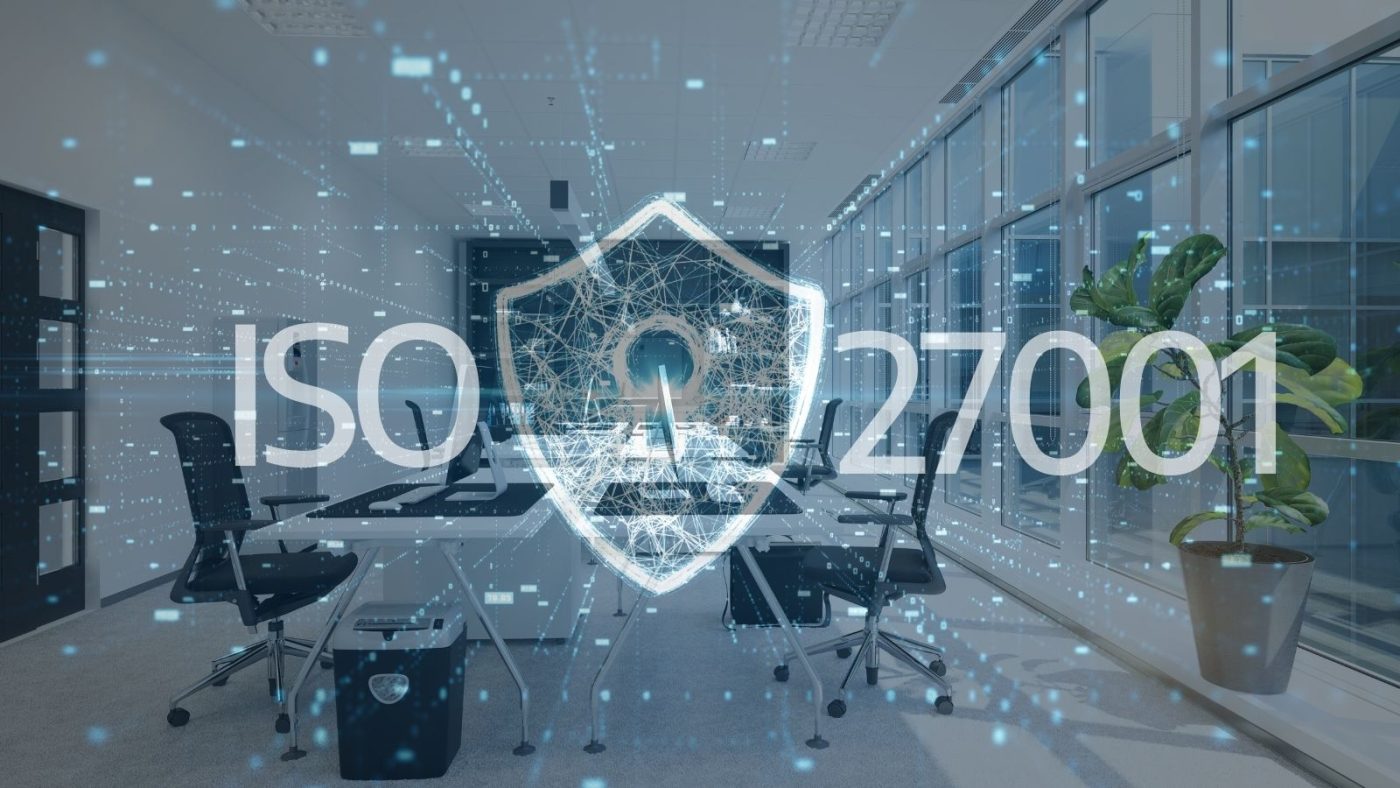Why ISO 27001 Certification Matters for Your Business
As the renowned tech entrepreneur, Bill Gates, once said, “We always overestimate the change that will occur in the next two years and underestimate the change that will occur in the next ten.” Achieving ISO 27001 certification is a strategic decision that can significantly impact your organisation in the long run. Just as the tech landscape evolves at a rapid pace, so too does the complexity of information security threats. ISO 27001 provides a clear framework to help businesses manage those risks, safeguard sensitive data, and demonstrate their commitment to security. With increasing cyber threats and rising customer expectations, ISO 27001 certification is more than just a badge—it’s a competitive advantage that builds trust and credibility in the eyes of clients and stakeholders.
Key Controls in ISO 27001:2022
ISO 27001:2022 introduces some key updates to the structure and controls of the standard, reflecting the evolving needs of organisations in managing information security risks. The revision brings a more streamlined and focused approach, with the controls now grouped into four themes:
- People (8 controls)
- Organisational (37 controls)
- Technological (34 controls)
- Physical (14 controls)
The updated version reduces the number of controls from 114 in the 2013 version to 93, primarily due to the merging of several existing controls. Additionally, 11 new controls have been introduced, including those related to threat intelligence, secure coding, and data leakage prevention, addressing modern challenges like cloud security and data protection. The revision ensures the standard remains relevant to the current cyber threat landscape while providing clearer guidance on implementing these controls effectively. (iso.org)
ISO 27001 and Its Role in Compliance with Other Standards
One of the key benefits of ISO 27001 certification is its alignment with other global standards and regulations, simplifying the compliance process for organisations. For instance, ISO 27001 supports compliance with data protection laws such as the General Data Protection Regulation (GDPR), making it easier for businesses to demonstrate their commitment to securing personal data.
ISO 27001:2022 certification not only strengthens your organisation’s information security framework but also plays a crucial role in achieving compliance with various regulatory requirements. For example, the standard can help your business meet the requirements of the NIS2 Directive and DORA, which focus on network and information system security as well as operational resilience. In addition to these, ISO 27001 certification supports compliance with a range of other standards such as PCI DSS for payment card security and industry-specific regulations in sectors like aerospace. By adopting ISO 27001:2022, your organisation can streamline compliance efforts, reduce risk, and demonstrate its commitment to maintaining the highest security and operational resilience standards.
Changes Between ISO 27001:2013 and ISO 27001:2022
While the core principles of ISO 27001 remain consistent, the 2022 revision introduces several important updates that improve the standard’s applicability and clarity. These changes are largely in line with the high-level structure (Annex SL) adopted across new ISO management system standards. Key changes include:
- Context and Scope: Organisations are now required to identify the “relevant” requirements of interested parties and determine how those will be addressed within the ISMS.
- Planning: There is now a requirement to ensure that information security objectives are documented and monitored. A new subclause on planning changes to the ISMS has been added to better manage any adjustments to the system.
- Support: The updated standard focuses on defining “how to communicate” within the organisation, rather than specifying who will communicate and the processes for communication.
- Operation: The new revision introduces a requirement to establish criteria for processes that implement actions and control those processes according to set criteria, replacing the previous requirement to plan how to achieve objectives.
- Annex A Changes: The controls in Annex A have been reorganised into four categories and 11 new controls have been added, covering areas like cloud security, business continuity, and data protection. (iso.org)
Partnering with a Trusted Cybersecurity Expert for ISO 27001 Certification
ISO 27001 certification can be a complex and time-consuming process, so it’s essential to work with a cybersecurity partner with a proven track record in guiding businesses through the certification journey. A trusted partner will help identify gaps in your existing security framework, implement the necessary controls, and ensure your organisation is well-prepared for the certification audit.
CommSec specialises in helping organisations achieve ISO 27001 certification. Our team of experts, including virtual Chief Information Security Officers (vCISOs), have years of experience in assisting businesses to successfully navigate the complexities of information security management. We will work with you to develop a tailored roadmap, ensuring that your organisation meets the highest standards of security and compliance.
Contact us today to speak with one of our experts and begin your journey to ISO 27001 certification. Together, we can strengthen your organisation’s security and enhance its reputation as a trusted and reliable business partner.

